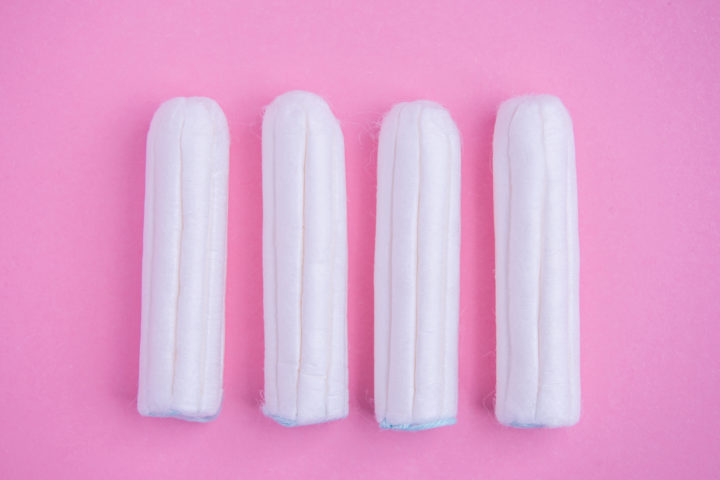My Jewish identity has always been a source of tension in my life.
I sometimes hesitate to tell people because I find myself having to defend my identity to others every time I try to celebrate it. As a Jew who grew up in a southern, rural town, I’ve spent most of my life fending off questions about whether or not I am a “Real Jew.”
My father’s parents immigrated to the United States from Israel many decades ago, and though he grew up with a stepfather who raised him as a Southern Baptist, he makes it a point to honor our Jewish roots. I was taught to have respect for all the rules and rituals honored in Jewish culture, whether I choose to believe in them or not, and that Israel was my true home. Though despite the respect for my intersectional identity, at school I began to realize that not everyone viewed my ethnic background with as much reverence as I did.
I was not only one of the few Jewish people in my town, but also the one and only Jewish person in my grade at my public high school. This meant that I was a target for any and all questions about Judaism, which was something that most kids my age had only been exposed to through watching The Boy in the Striped Pajamas, or reading an Elie Wiesel novel. Very few of them knew anything about Jews beyond Hanukkah and the Holocaust. I was bombarded with questions about everything from my family, to my holidays, and even my hair. My classmates zeroed in on the things they saw in me that were the “most Jewish,” as they tried to find anything that would label me as different from them.
Most often it was my appearance. There was my frizzy, sometimes curly hair that I couldn’t fit into a ponytail holder without breaking it. Sometimes it was my dark features; my hair, eyes and skin not quite dark enough to label me as an other, but not quite light enough to win me acceptance either. Most of the time though, it was my nose. Everyone from strangers, to my friends, and even my teachers would tease me about wearing my heritage on my face, my wide, pointed nose sticking out in more ways than one. I was the token Jewish girl on the days when they wanted to make fun of me, but on the days that it wasn’t to be used for entertainment, my identity was called into question.
When I brought my identifying as Jewish up in class, especially around discussions about discrimination, I was often confronted by classmates who wanted me to justify it. They wanted proof that I was a “real jew,” and would ask me endless questions about my religion (I was an atheist), what Israel was like (I had never been), and if I really wasn’t allowed to get tattoos (I wasn’t, but not because I was Jewish, but because I was 15). When I didn’t have the answers that they wanted, they called me a liar. They said I was seeking attention, that I just wanted to be different. I felt out place, like I could never be anything but “different” no matter if I was really Jewish or not.
However when I got to college, I discovered that my Jewishness was in fact something that made me different, but in a very good way. I started taking Jewish studies classes and I made frequent visits to my school’s Hillel center, both of which taught me that Judaism is many things besides a religion or an ethnicity. Mostly I learned that Judaism is a community where I don’t have to justify my identity to anyone but myself. I met other Jewish people outside of my family for the first time ever, and they never once asked me to provide a proof of Judaism card or to recite passages from the Torah. After my experiences with the Jewish community at my school, I made the decision to never again let someone make me jump through hoops to justify my own experiences. I have realized that I have no responsibility to educate others on who I am, nor should I feel guilty about claiming my heritage. I am Jewish, I am proud, and I do not have to prove my worth to anyone who isn’t willing to see it for themselves.
Cover image courtesy of Getty.




comments